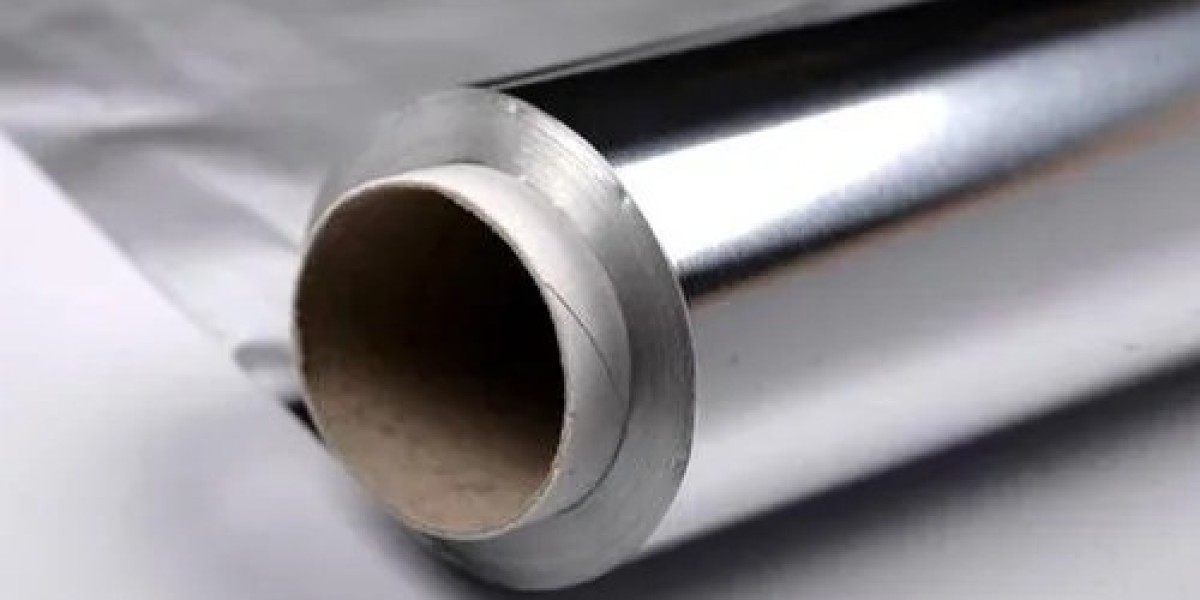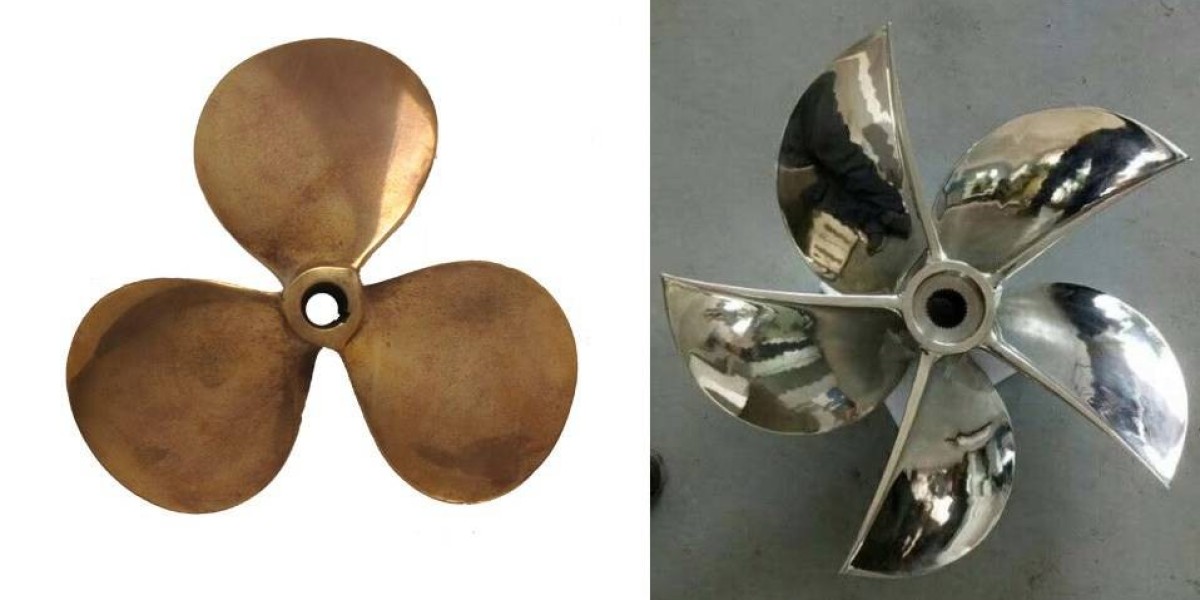Using 20-micron aluminum foil in medicinal applications, particularly in pharmaceutical packaging, offers several advantages due to its specific properties. Here are some of the key advantages:
Barrier Properties: The thinness of the 20-micron aluminum foil provides an effective barrier against moisture, light, oxygen, and other environmental factors. This barrier helps protect pharmaceutical products from degradation and ensures their stability over time.
Formability: The foil's relatively thin gauge allows for easy forming and shaping, making it suitable for various packaging formats, including blister packs. Pharmaceuticals often come in unit-dose blister packs, and the formability of the foil is crucial for creating these protective packaging structures.
Printability: Aluminum foil can be easily printed or embossed, allowing for product information, branding, and dosage instructions to be added directly onto the packaging. This is important in the pharmaceutical industry for conveying essential information to healthcare professionals and patients.
Sterilization Compatibility: Aluminum foil can withstand sterilization processes, making it suitable for packaging pharmaceutical products that require a sterile environment. This is essential for maintaining the safety and efficacy of certain medications.
Lightweight: Aluminum is a lightweight material, contributing to the overall reduction of packaging weight. This can be advantageous for transportation, storage, and overall sustainability, as it reduces the environmental impact associated with packaging materials.
Recyclability: Aluminum is highly recyclable, and the use of aluminum foil in pharmaceutical packaging aligns with sustainability goals. Recycling aluminum requires significantly less energy compared to producing it from raw materials, making it an environmentally friendly option.
Corrosion Resistance: Aluminum has natural corrosion resistance, ensuring that the packaging material does not degrade over time and contaminate the pharmaceutical product.
Compliance with Regulations: Aluminum foil used in pharmaceutical applications is typically manufactured to meet stringent regulatory requirements for hygiene, safety, and quality in the pharmaceutical industry.
Tamper-Evident Packaging: Aluminum foil can be designed to provide tamper-evident features, enhancing the security of pharmaceutical products and ensuring the integrity of the package.






